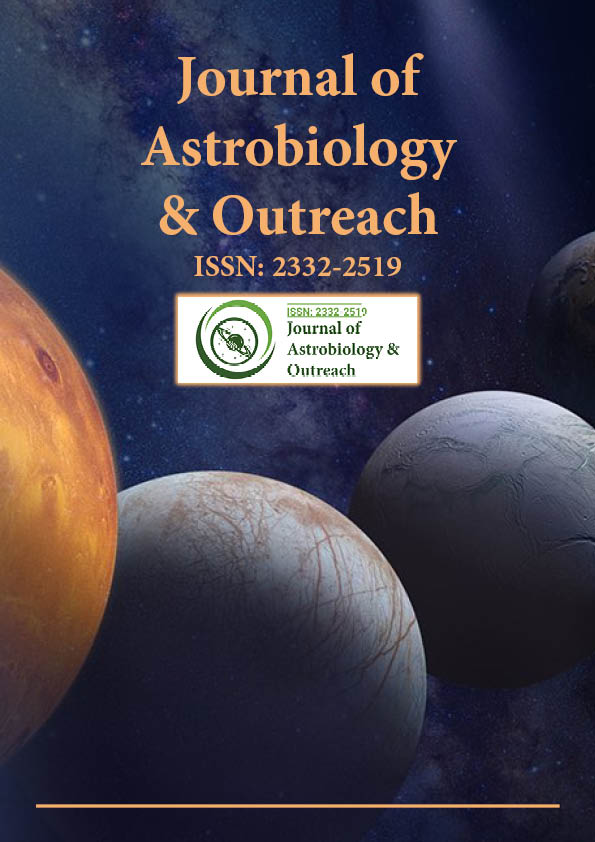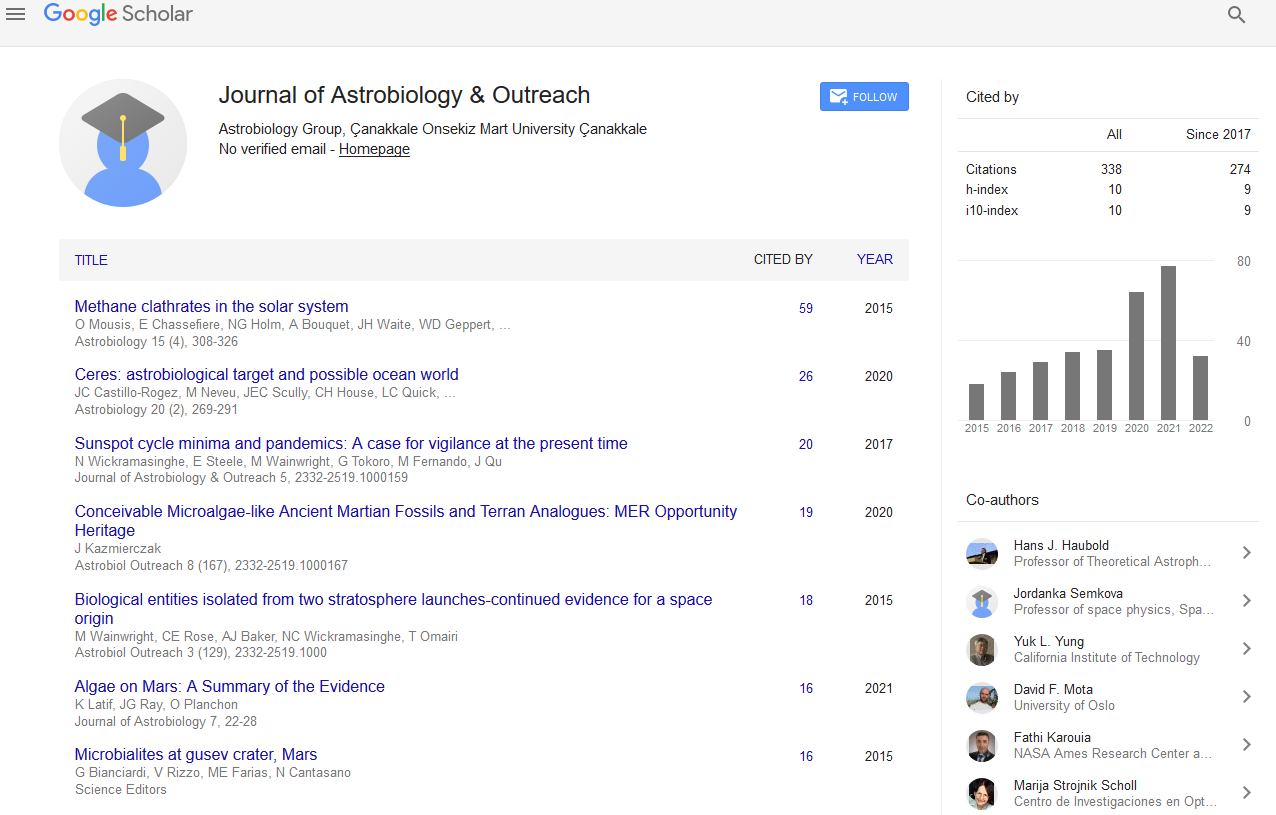Indexed In
- Open J Gate
- Academic Keys
- JournalTOCs
- RefSeek
- Hamdard University
- EBSCO A-Z
- OCLC- WorldCat
- Google Scholar
Useful Links
Share This Page
Journal Flyer

Open Access Journals
- Agri and Aquaculture
- Biochemistry
- Bioinformatics & Systems Biology
- Business & Management
- Chemistry
- Clinical Sciences
- Engineering
- Food & Nutrition
- General Science
- Genetics & Molecular Biology
- Immunology & Microbiology
- Medical Sciences
- Neuroscience & Psychology
- Nursing & Health Care
- Pharmaceutical Sciences
Abstract
Restrictions to Practicing as a Bilingual Speech-Language-Pathology
Himanshu Chauhan
?ere have been numerous calls to prepare discourse language-pathologists (SLPs) who have
the semantic and social ability to support the progressively differing multicultural and
multilingual populace in the US [1,2]. Mediation in every one of the multilingual speaker's
dialects is significant so as to improve the personal satisfaction sinmultilingual speakers
utilize every one of their dialects in di???erent areas what's more, settings with di???erent
individuals when imparting. ?e failure to offer types of assistance or retaining
administrations in any of the dialects that the multilingual speaker uses can compared to
retaining administrations to a monolingual speaker and furthermore prejudicial [1,3]. A
couple of preparing programs have stepped up and are now giving double bilingual preparing
tracks to their SLPs. ?ere is still need to comprehend a portion of the difficulties associated
with preparing SLPs that are prepared to provide food for the multilingual populace in the
United States. Probably the best test in preparing bilingual SLPs is that there are not many
bilingual people in the United States who are at present rehearsing or are being prepared as
SLPs [4]. Despite the fact that there has been a sharp increment in multilingual speakers
[1,2,5], there has not been a relative increment in the quantity of projects which place an
accentuation on preparing SLPs outfitted with giving evaluation and intercession to this
populace. A review completed in 2015 uncovered that just about 6% of the American
Speech-Language-Hearing Affiliation's (ASHA) more than 150,000 individuals recognized
themselves as bilingual [6,7,8]. ?is is a genuine impression of the preparation e???orts of most
SLP programs. Most projects are not stepping up in looking for out and preparing bilingual
SLPs, rather they sit tight for effectively capable SLPs to apply to their projects.
Published Date: 2020-07-25; Received Date: 2020-07-04

